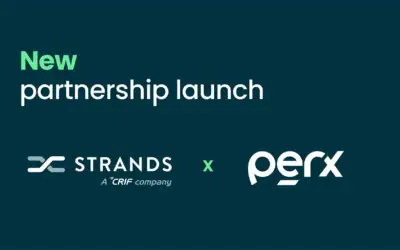BaaS is making a big impact in how both fintech and non-fintech firms launch new banking products
Strands is the proud sponsor of the Buyers Guide to Banking as a Service 2021. The guide has been published by Tearsheet, a media company focused on technology’s impact on the financial services and fintech industry.The banking as a service concept encompasses two core components: the ability to integrate financial services with another, typically non-financial, service (e.g. banking services within a ride-hailing app, accounting software or e-commerce platform); and the provision of financial services on a customer’s own terms — anytime and anywhere.
The guide focuses on the US market. It aims to organize and explain the exciting Banking as a Service space and also includes profiles on some of the newer BaaS platforms. Here are some highlights of the publication.
Guide to Banking as a Service: Key Takeaways
- “As more and more lifestyle, business, and consumer products embed banking into their offerings, banking has become even more competitive. With firms like Uber, Walmart, Apple, and Intuit now offering financial products, consumers have new banking choices that are more in sync with their apps, shops, and tools they use daily.”
- “Banking as a service ecosystems still require an underlying bank. Forward thinking banks, in particular, small and midsize banks, are partnering with technology companies to reach more customers at a lower cost of acquisition than they would face marketing independently.”
- “Banks can use partnerships with platforms to expand their geographic and demographic reach. There are opportunities for banks to provide the core banking services behind many of today’s top Banking as a Service platforms and relationships.”
- “BaaS is different from Open Banking in a few fundamental ways. From a functionality perspective, Open Banking allows read access, while BaaS allows read and write access. Open Banking focuses more on the sharing of financial data through use of Application Programming Interfaces, whereas BaaS is transactional.”
- “Among BaaS providers, there is a spectrum of products — some are built off-the shelf and others offer a lot of customization. Companies that want to launch a banking product may require a complex use case which would require deeper access to banking and payment APIs.”



